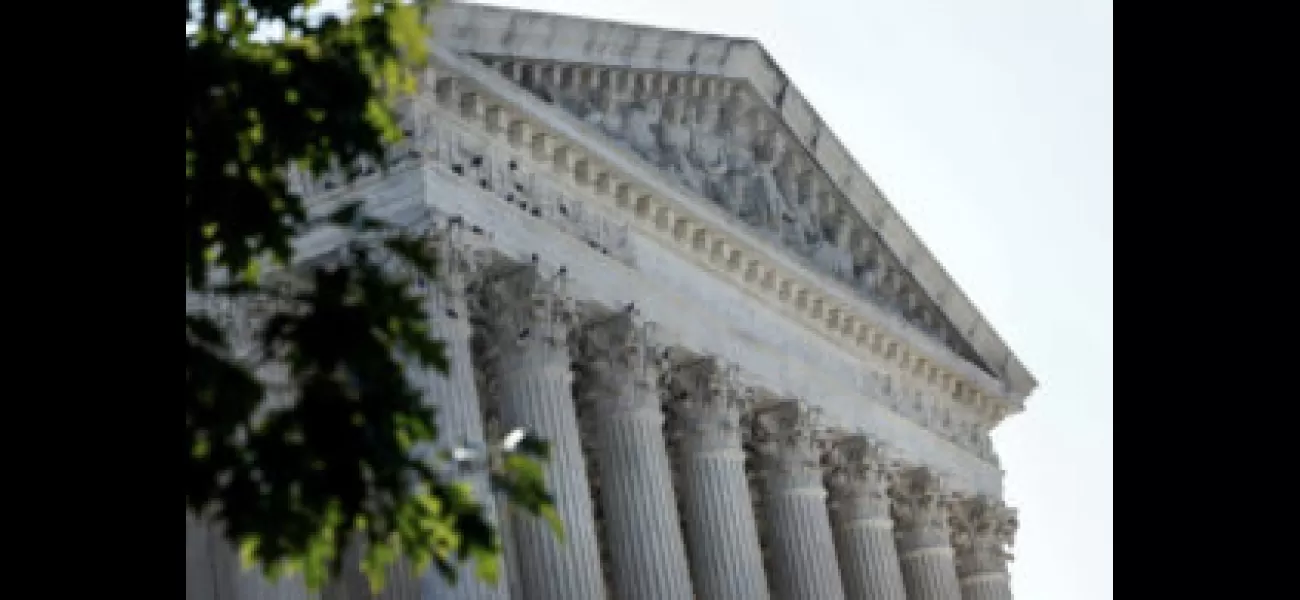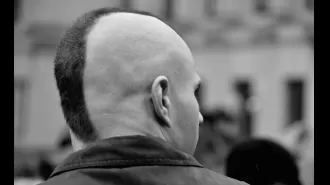Court may make it harder to prove racial gerrymandering in U.S. elections.
Racial redistricting could become commonplace.
October 13th 2023.

The Supreme Court may soon make it harder to challenge states on racial gerrymandering, the illegal manipulation of electoral districts to alter their racial composition to diminish the voting power of Black and other minority voters.
This week, the nine justices heard arguments in a case involving the relocation of 30,000 Black residents from South Carolina’s 1st congressional district in a map adopted by the state’s Republican-led legislature. The litigants have asked the Supreme Court to rule on the legality of the map before the end of the year.
Gerrymandering is the redrawing of electoral district boundaries to marginalize a certain group of voters and increase the influence of others. In 2019, the Supreme Court prohibited federal courts from intervening in cases of gerrymandering done for partisan advantage, but gerrymandering based on race remains illegal.
Leah Aden of the NAACP Legal Defense Fund, who argued the case for the plaintiffs on Wednesday, said a ruling against them would “send a terrible signal to states that they can hide behind political defenses even when their means to get there is by excessive uses of race and/or minimizing the voting power of racial minorities.”
A federal three-judge panel in January blocked the map, ruling that it sorted voters along racial lines and reduced the influence of Black voters in violation of the U.S. Constitution’s 14th and 15th Amendments. A group of Black voters sued to block the use of the reconfigured district.
Jason Torchinsky of Holtzman Vogel, who filed a brief supporting South Carolina’s position on behalf of the district’s incumbent congresswoman Nancy Mace and five other Republican members of the state’s congressional delegation, called the litigation politically motivated. He said that the plaintiffs were “basically bringing partisan gerrymandering claims and trying to dress them up as if they’re racial gerrymandering claims.”
Plaintiffs in racial gerrymandering cases must prove that race was the predominant factor in an electoral map’s design, even in instances in which a strong correlation exists between race and party. They often lack direct evidence revealing an intent to discriminate by those who devised the map.
In this case, the three-judge panel backed the plaintiffs. The new map increased the district’s share of white voters while reducing its share of Black voters, which the panel referred to as “bleaching.”
David Gans of the Constitutional Accountability Center liberal legal group said, “Here’s a case where the state legislature targeted Black voters out of their home district to buttress Republican voters.”
Harvard Law School professor Nicholas Stephanopoulos, a redistricting expert, said if the Supreme Court reverses the lower court, “it will be even more important for plaintiffs in future cases to disentangle race from party.”
John Gore, the lawyer who argued on behalf of the South Carolina officials, suggested that the alternative map requirement had already been imposed by the Supreme Court’s prior rulings, but his argument was rebuffed by liberal Justice Elena Kagan.
The Supreme Court’s conservative justices appear to believe that alternative maps are necessary in cases like this. Torchinsky said that plaintiffs have failed to produce them “because they can’t.”
The outcome of this case could have far-reaching implications. If the court rules in favor of South Carolina, it could set a dangerous precedent that states can hide behind political defenses even when they use race to do so.
This week, the nine justices heard arguments in a case involving the relocation of 30,000 Black residents from South Carolina’s 1st congressional district in a map adopted by the state’s Republican-led legislature. The litigants have asked the Supreme Court to rule on the legality of the map before the end of the year.
Gerrymandering is the redrawing of electoral district boundaries to marginalize a certain group of voters and increase the influence of others. In 2019, the Supreme Court prohibited federal courts from intervening in cases of gerrymandering done for partisan advantage, but gerrymandering based on race remains illegal.
Leah Aden of the NAACP Legal Defense Fund, who argued the case for the plaintiffs on Wednesday, said a ruling against them would “send a terrible signal to states that they can hide behind political defenses even when their means to get there is by excessive uses of race and/or minimizing the voting power of racial minorities.”
A federal three-judge panel in January blocked the map, ruling that it sorted voters along racial lines and reduced the influence of Black voters in violation of the U.S. Constitution’s 14th and 15th Amendments. A group of Black voters sued to block the use of the reconfigured district.
Jason Torchinsky of Holtzman Vogel, who filed a brief supporting South Carolina’s position on behalf of the district’s incumbent congresswoman Nancy Mace and five other Republican members of the state’s congressional delegation, called the litigation politically motivated. He said that the plaintiffs were “basically bringing partisan gerrymandering claims and trying to dress them up as if they’re racial gerrymandering claims.”
Plaintiffs in racial gerrymandering cases must prove that race was the predominant factor in an electoral map’s design, even in instances in which a strong correlation exists between race and party. They often lack direct evidence revealing an intent to discriminate by those who devised the map.
In this case, the three-judge panel backed the plaintiffs. The new map increased the district’s share of white voters while reducing its share of Black voters, which the panel referred to as “bleaching.”
David Gans of the Constitutional Accountability Center liberal legal group said, “Here’s a case where the state legislature targeted Black voters out of their home district to buttress Republican voters.”
Harvard Law School professor Nicholas Stephanopoulos, a redistricting expert, said if the Supreme Court reverses the lower court, “it will be even more important for plaintiffs in future cases to disentangle race from party.”
John Gore, the lawyer who argued on behalf of the South Carolina officials, suggested that the alternative map requirement had already been imposed by the Supreme Court’s prior rulings, but his argument was rebuffed by liberal Justice Elena Kagan.
The Supreme Court’s conservative justices appear to believe that alternative maps are necessary in cases like this. Torchinsky said that plaintiffs have failed to produce them “because they can’t.”
The outcome of this case could have far-reaching implications. If the court rules in favor of South Carolina, it could set a dangerous precedent that states can hide behind political defenses even when they use race to do so.
[This article has been trending online recently and has been generated with AI. Your feed is customized.]
[Generative AI is experimental.]
0
0
Submit Comment





